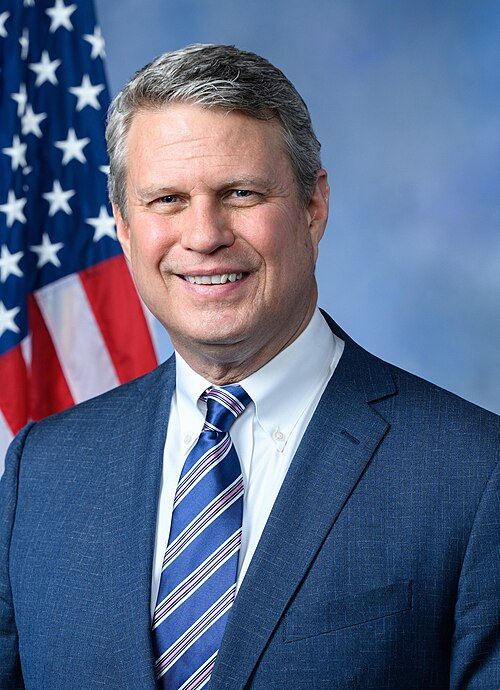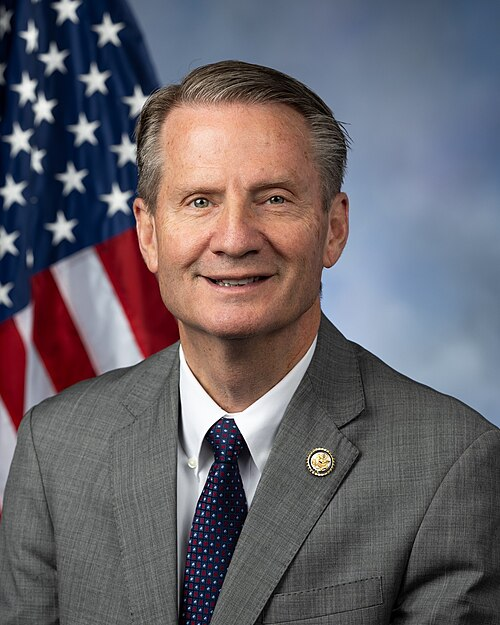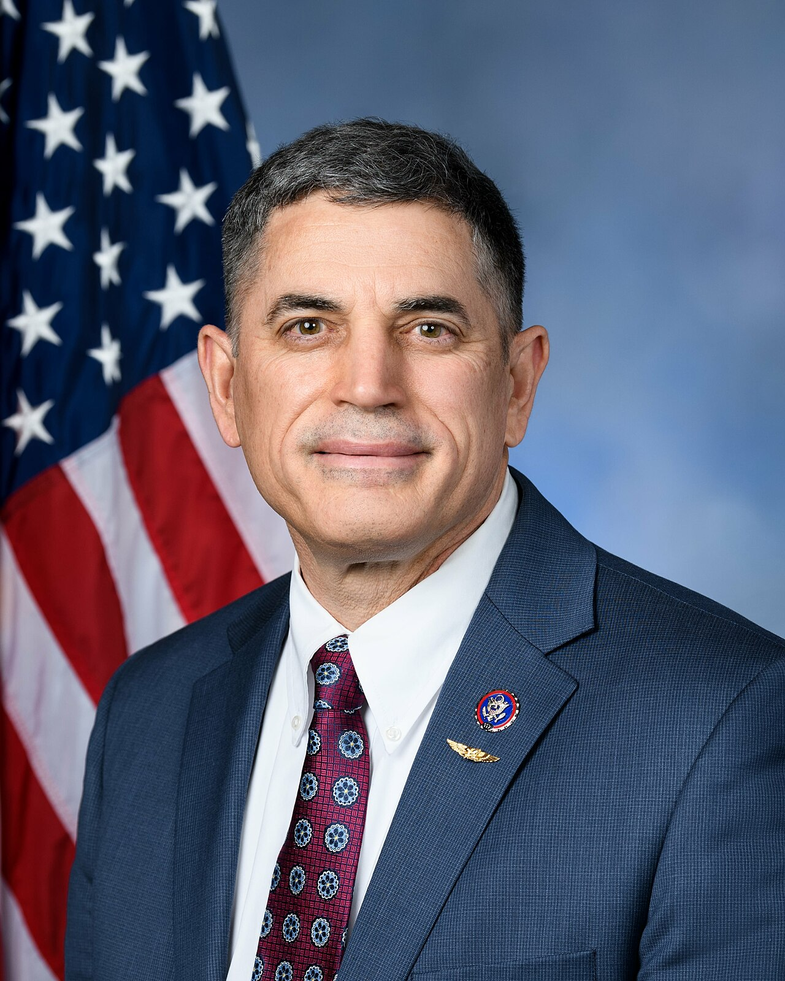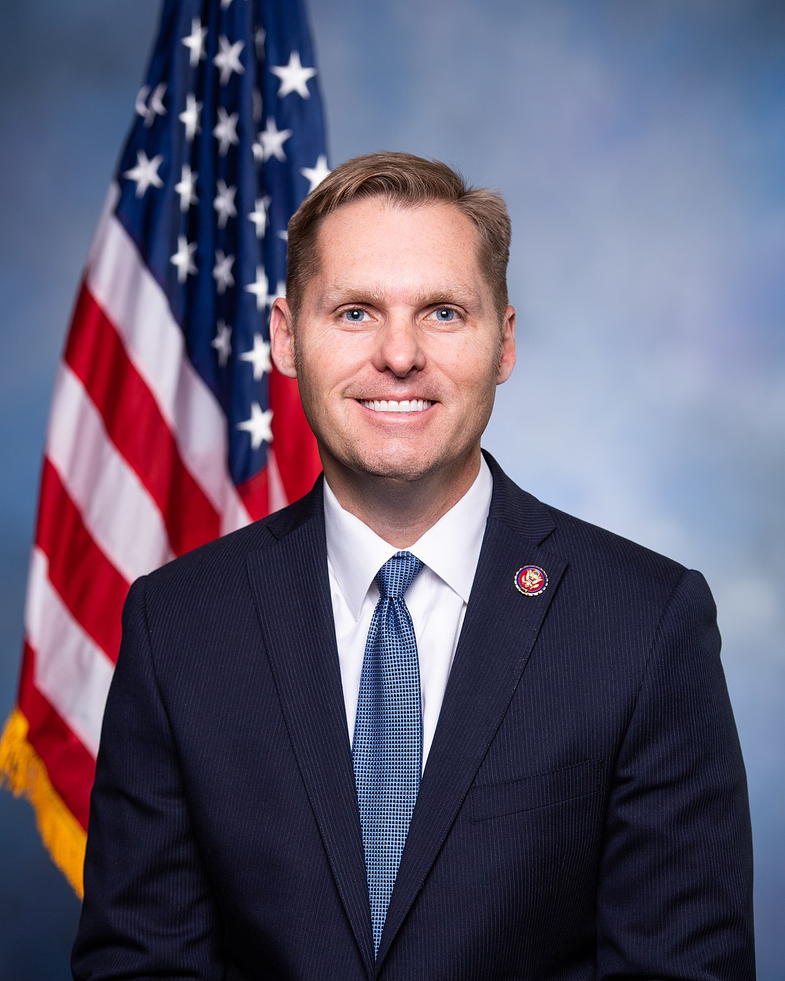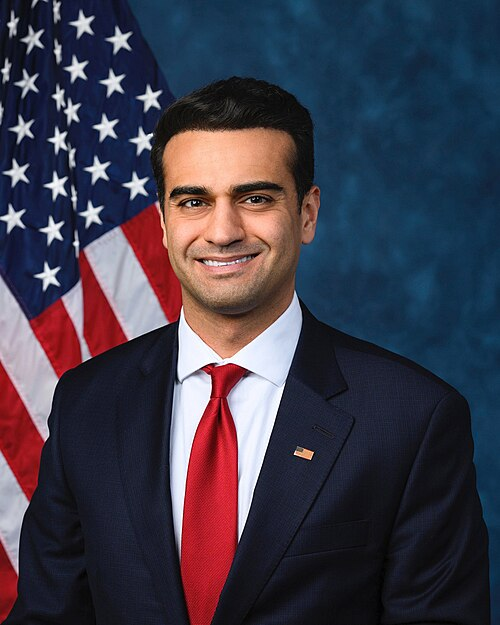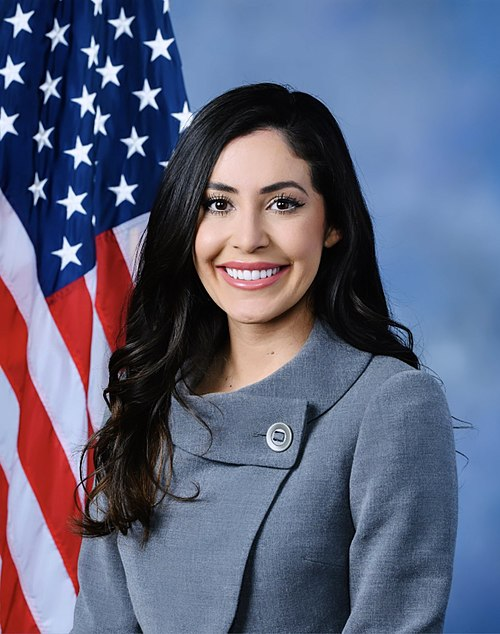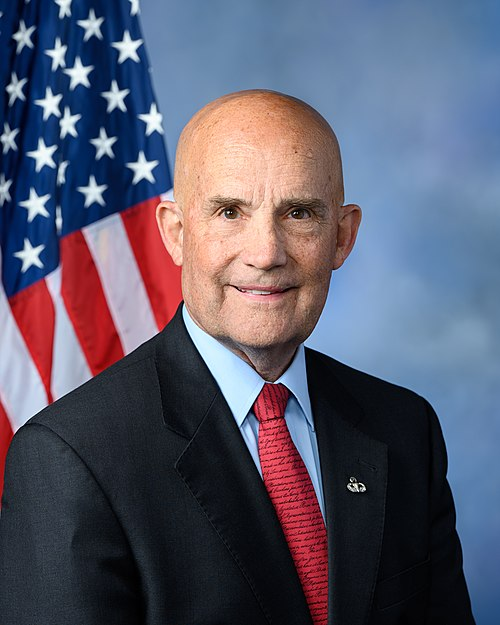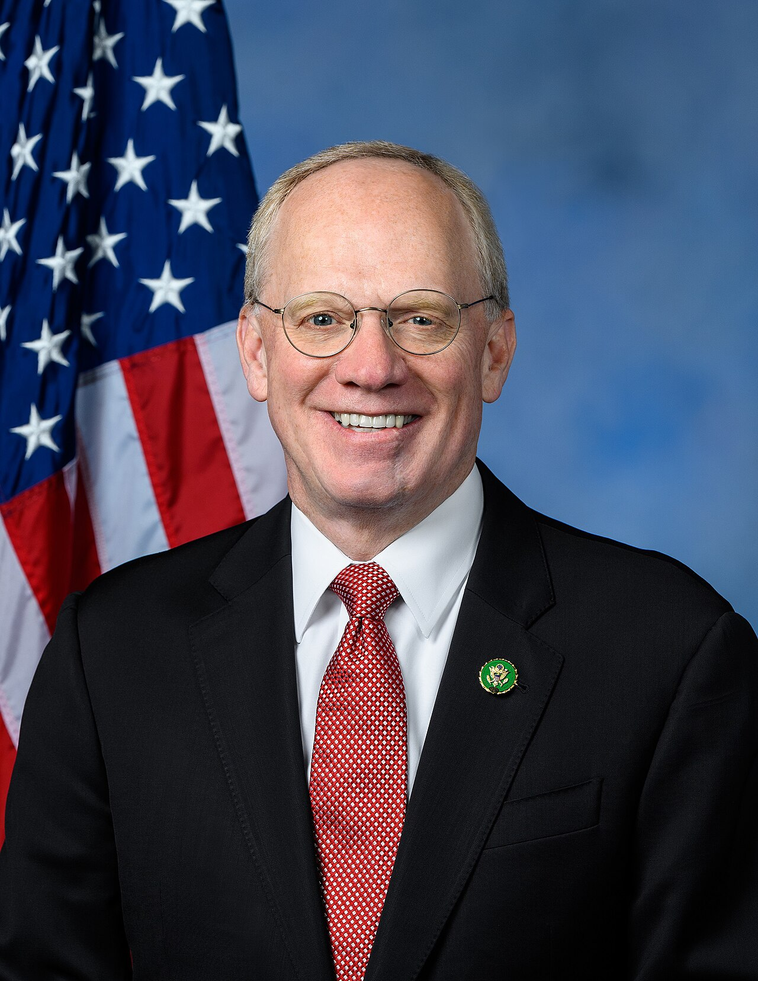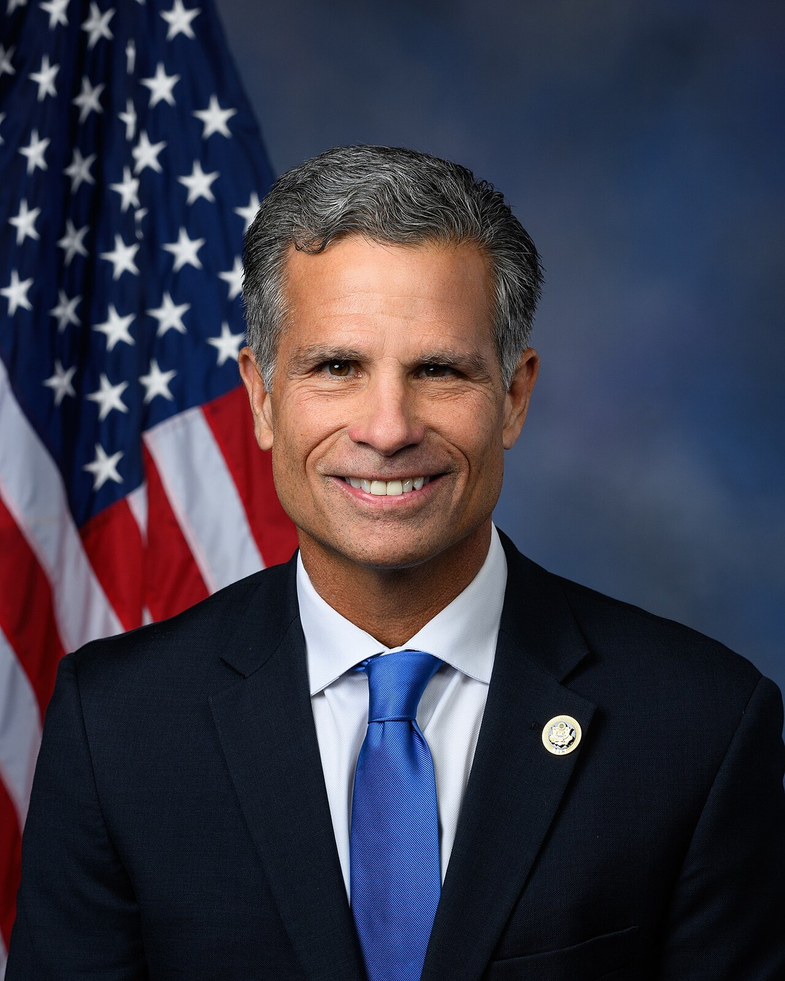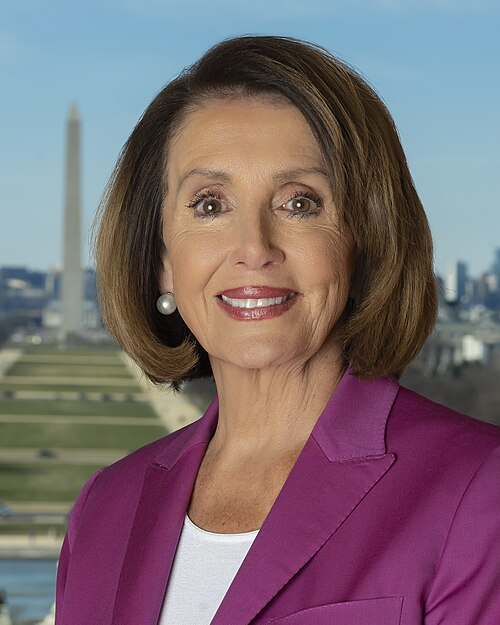H.R. 3719: Restoring American Freedom Act
This bill, titled the Restoring American Freedom Act, aims to restrict the ability of the U.S. Department of State and those associated with it from censoring the free speech of U.S. citizens. The key components of the bill include the following:
Prohibition of Censorship
The bill amends existing legislation to ensure that:
- No employees, officers, or agents of the Department of State, nor any individuals or entities receiving federal funding from the Department, can engage in actions that would unconstitutionally limit the free speech rights of U.S. citizens.
- Federal funds cannot be used to support any actions that would restrict the free speech of individuals.
- There are requirements for corrective actions to address past instances of censorship by departments or individuals associated with the Department of State.
Funding Restrictions
The bill also prohibits the allocation of federal funds to:
- Any person or entity that publishes or disseminates an advertising blacklist, which is defined as a list used to discourage or prevent advertisers from supporting individuals based on the content of their speech.
- Those who create, test, or distribute tools for censorship without adequate safeguards to prevent misuse against U.S. citizens.
Definitions and Clarifications
The bill clarifies key terms used throughout the text:
- Advertising blacklist: A list that targets U.S. citizens to discourage or prohibit advertisers from supporting them due to their speech.
- Censor: The act of exerting pressure on third parties to suppress speech, or directly contacting entities like social media companies to have content moderated or removed.
- Free speech: Speech protected by the First Amendment of the U.S. Constitution.
Enforcement Mechanisms
The bill mandates timely notifications to Congress and affected citizens when it is discovered that any Department of State officials or grant recipients are engaging in censorship of free speech. This notification must occur no later than seven days after such information becomes available.
Relevant Companies
- TWTR (Twitter): As a major platform for public discourse, any changes in the government’s approach to censorship could significantly influence its operations.
- FB (Meta Platforms, Inc.): This includes Facebook and Instagram, where content moderation practices might be scrutinized under this bill.
- GOOGL (Alphabet Inc.): Parent company of YouTube, which could be impacted by restrictions on censorship practices related to user content.
This is an AI-generated summary of the bill text. There may be mistakes.
Sponsors
8 bill sponsors
Actions
2 actions
| Date | Action |
|---|---|
| Jun. 04, 2025 | Introduced in House |
| Jun. 04, 2025 | Referred to the House Committee on Foreign Affairs. |
Corporate Lobbying
0 companies lobbying
None found.
* Note that there can be significant delays in lobbying disclosures, and our data may be incomplete.
